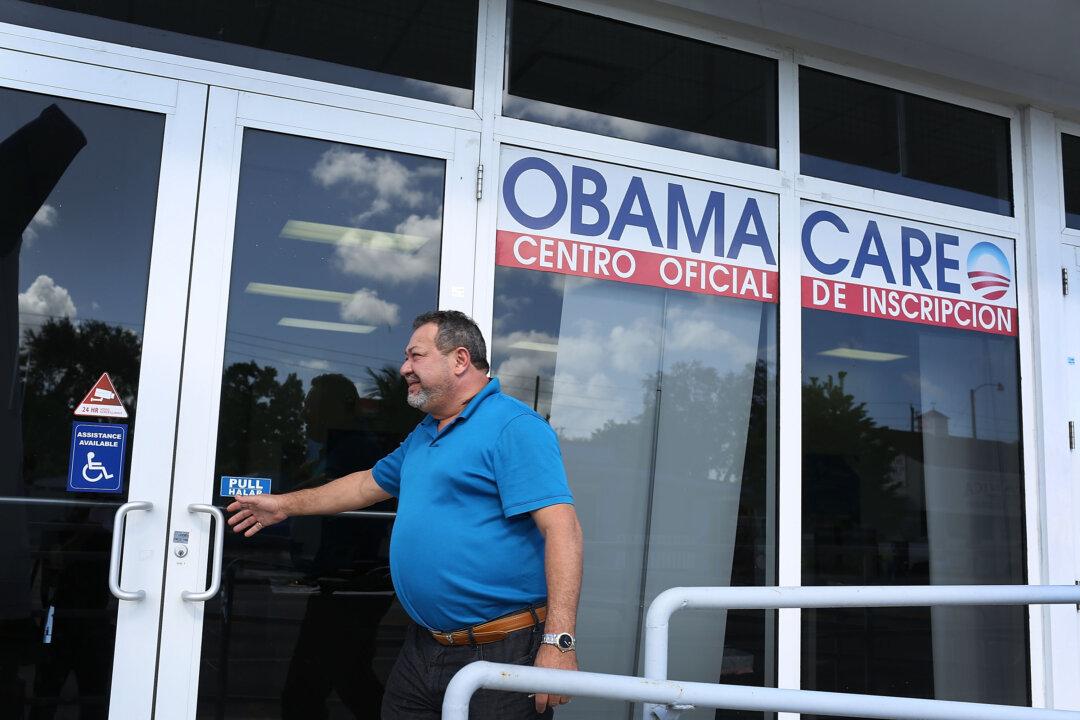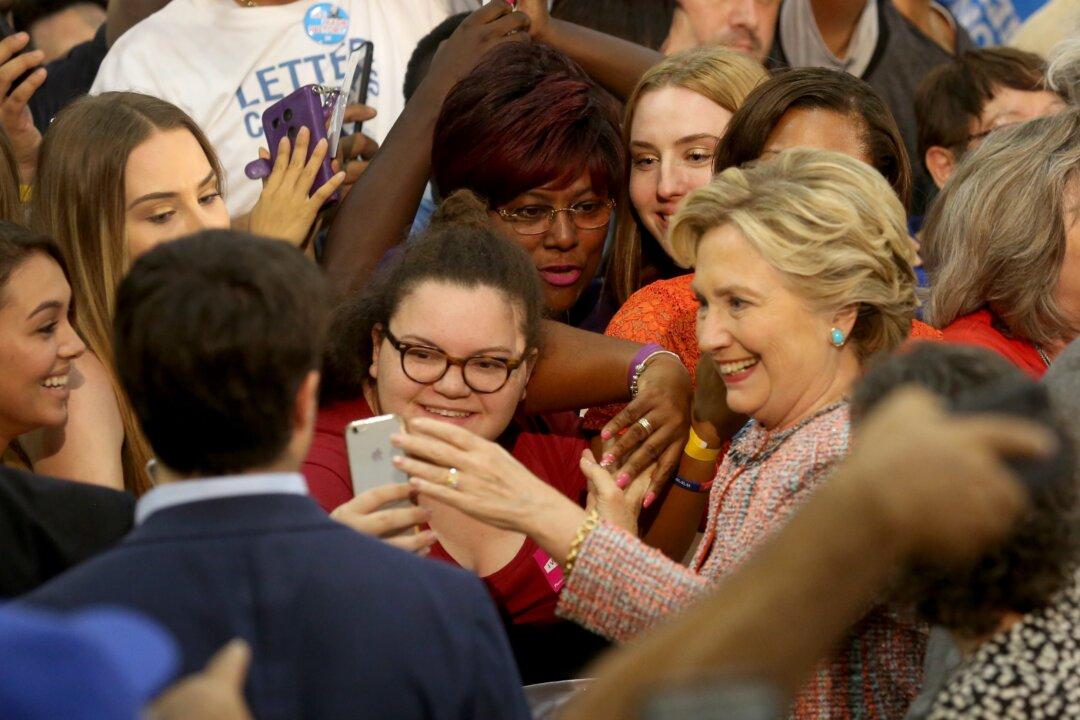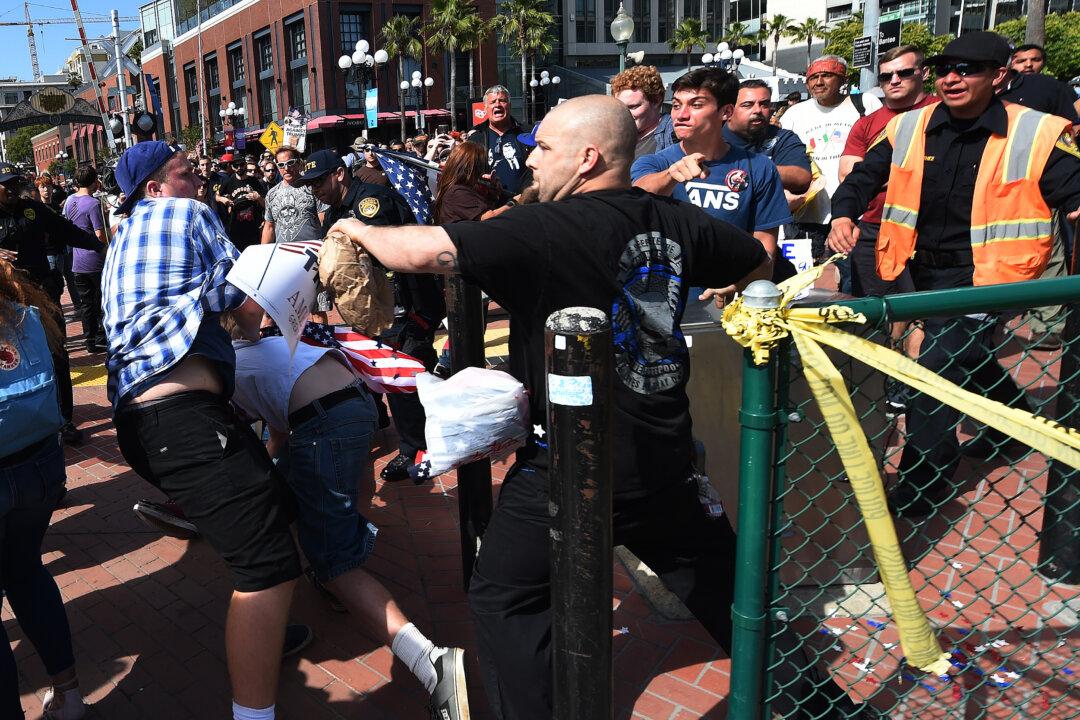Dozens are dead after bombs detonated in Baghdad, one of them in the eastern district of Sadr City, while ISIS claimed responsibility for all three attacks on May 11.
Officials say two additional bombings in the Kadhimiyah neighborhood of Baghdad killed at least 30 and left 80 wounded after the first blast in Sadr Vity.
The first attack was a car bomb that killed at least 63 people and wounded at least 85 others, although officials say the death toll could rise.
The blast happened in a crowded outdoor market, said police. The shopping venue is one of the main four in Sadr City, which has a population of 2.5 million, almost half of Baghdad’s population.
Emergency responders rushed to the scene of the first attack, walking through wrecked cars and debris as they tried to help victims. The streets were stained with blood, while front-side facades of various buildings were black and heavily damaged.




